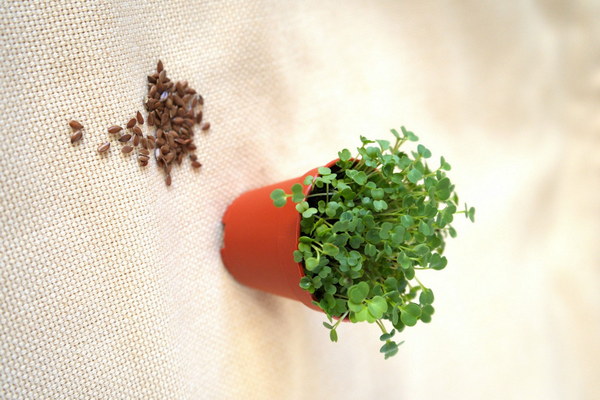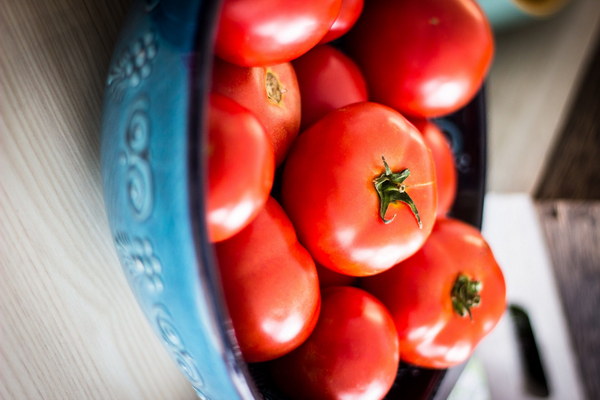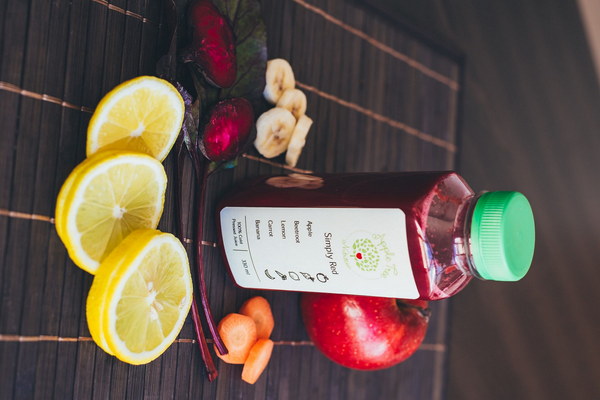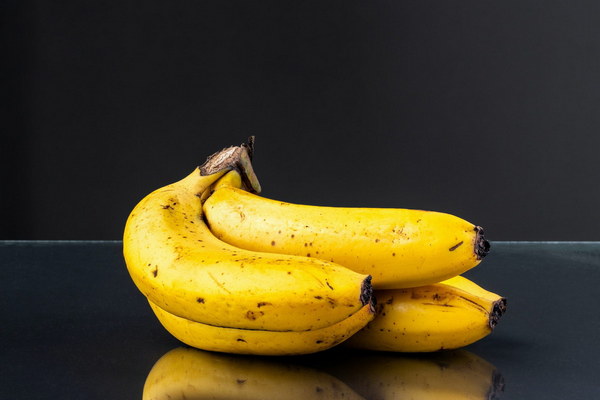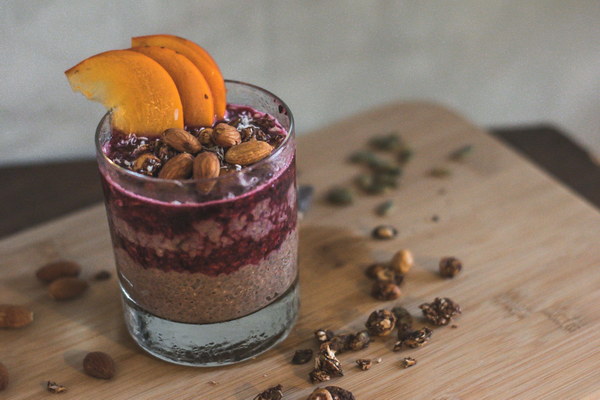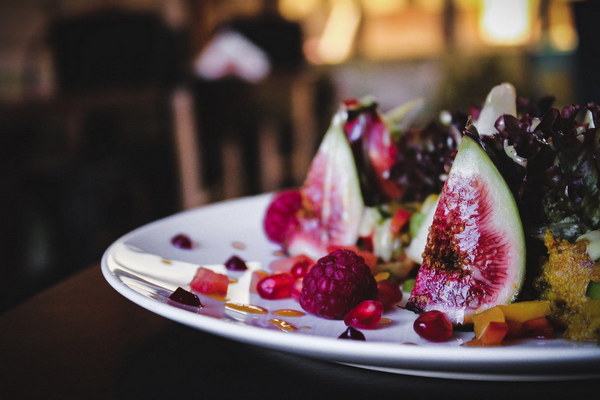Unveiling the Secrets of Chinese Herbs How Shengdai Herbs Combat Dampness
In the world of traditional Chinese medicine, there are countless herbs that have been used for centuries to treat various ailments. One such herb is Shengdai, commonly known as Chinese Lilyturf. This herb has been praised for its ability to expel dampness, a key concept in TCM that is believed to be the root cause of many health issues. In this article, we will delve into the fascinating world of Shengdai herbs and discover how they combat dampness.
Shengdai, or Polygonum odoratum, is a herb that belongs to the Polygonaceae family. It is native to China, Japan, and Korea, where it is widely used in traditional medicine. The root of the herb is commonly used for its medicinal properties, and it is often combined with other herbs to create effective remedies for various conditions.
In TCM, dampness is considered an imbalance in the body's fluids, which can lead to a variety of health problems. Excess dampness can manifest as fatigue, weight gain, joint pain, and digestive issues. Shengdai is believed to have the ability to remove this dampness, thereby restoring balance and promoting overall health.
One of the primary ways Shengdai achieves this is through its diuretic properties. As a natural diuretic, Shengdai can help the body eliminate excess fluids, thereby reducing dampness. This makes it particularly beneficial for those suffering from conditions such as edema, where fluid retention can cause swelling and discomfort.

Moreover, Shengdai is known for its ability to strengthen the spleen and kidney functions. In TCM, the spleen is responsible for transforming and transporting nutrients throughout the body, while the kidneys regulate fluid balance. By supporting these organs, Shengdai can help to prevent the accumulation of dampness in the body.
In addition to its diuretic and organ-supporting properties, Shengdai also has anti-inflammatory effects. This makes it an effective treatment for conditions such as arthritis, where inflammation can cause pain and swelling. By reducing inflammation, Shengdai can help alleviate symptoms and improve joint mobility.
To use Shengdai for the purpose of expelling dampness, it can be consumed in various forms. One common method is to make a decoction by boiling the roots in water. This can be consumed as a tea, or the water can be used to rinse the hair and skin. Alternatively, Shengdai can be taken in the form of capsules or powders, which are more convenient for those who prefer a quicker and easier way to incorporate the herb into their daily routine.
It is important to note that while Shengdai is a safe and effective herb for many people, it may not be suitable for everyone. Those with certain medical conditions, such as kidney disease or pregnant women, should consult with a healthcare professional before using Shengdai or any other herbal remedy.
In conclusion, Shengdai is a remarkable herb that has been used for centuries in traditional Chinese medicine to combat dampness. Its diuretic, organ-supporting, and anti-inflammatory properties make it an excellent choice for those looking to improve their overall health and well-being. By incorporating Shengdai into their daily routine, individuals can enjoy the numerous benefits this herb has to offer.
